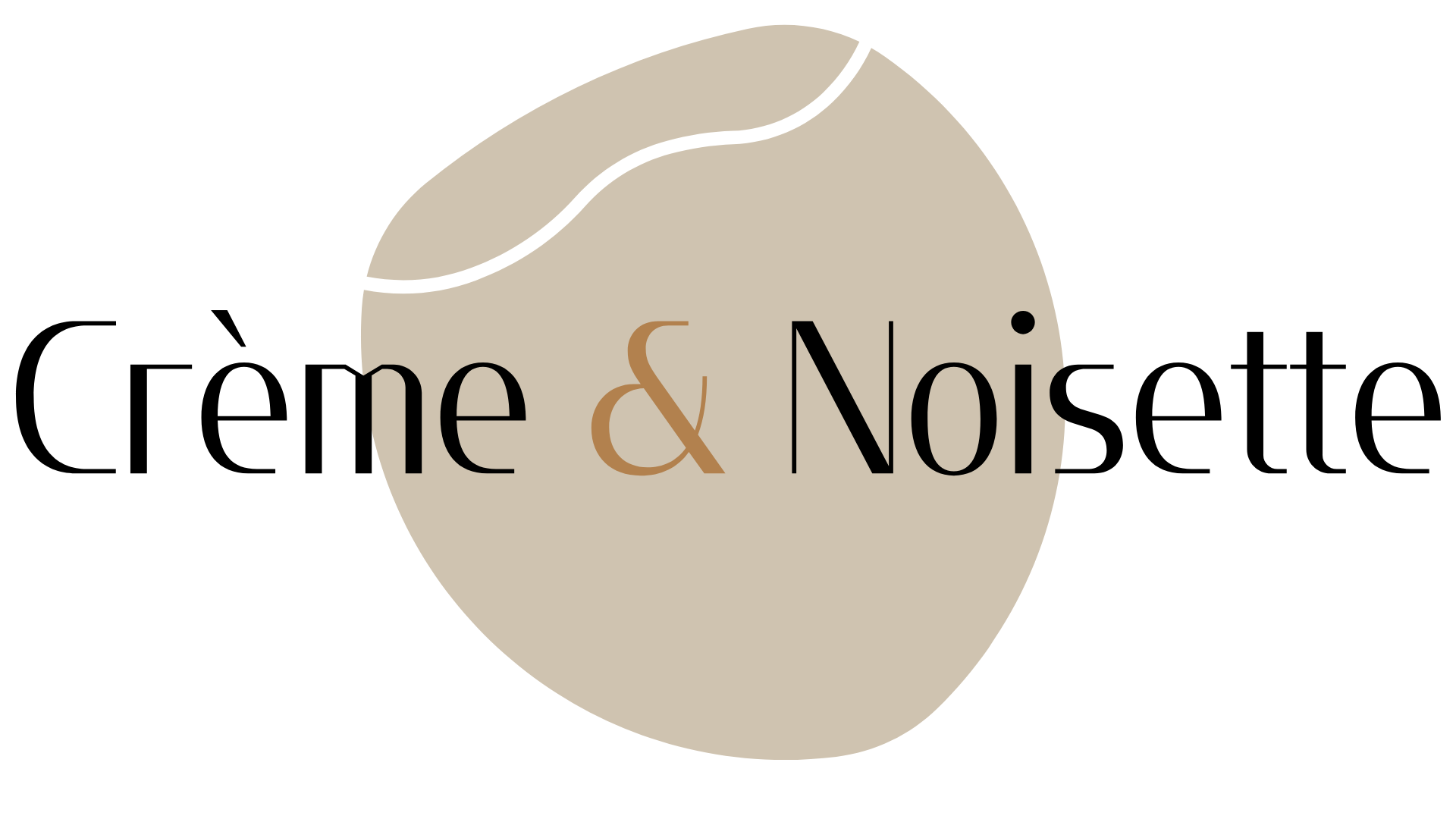The demand for calorie-free, natural-source sweeteners has significantly increased over the past decade due to the rejection of artificial food additives and serious health issues associated with high sugar intake.
Sweeteners, which give foods a sweet taste, are classified into caloric sweeteners and non-caloric sweeteners. Calorie sweeteners are also called nutrient/bulk sweeteners and include sugar and sugar alcohols. Sugar alcohols are erythritol, sorbitol, mannitol, xylitol, maltitol, lactitol.
Sugar alcohols or polyols, are poorly digestible carbohydrates naturally found in fruits, vegetables, mushrooms, seaweed and have been used as a type of alternative sweetener in recent years.
Polyols offer two major advantages over sugar as food ingredients : (1) they do not promote tooth decay because they are not fermentable by oral bacteria ; (2) lower calorie content and lower glycemic index which are most beneficial for diabetics.
Therefore, they provide fewer calories than sugar and have less or 0 impact on blood sugar. They are often used in sugar-free and reduced-sugar products, including candies, chewing gum, baked goods and beverages.
However, with the exception of erythritol, sugar alcohols have side effects such as abdominal discomfort, flatulence, loose stools and diarrhea when consumed in excess.
Let's take a closer look at the most well-known polyols.
We start with our favorite :
I. Erythritol (E968) is a sugar alcohol used as a sugar substitute. (See this article) It is a white crystalline powder that looks and tastes like sugar, but has fewer calories and less impact on blood sugar.
1. Sweetness : Erythritol is about 60-80% as sweet as sugar. This means that you may need to use a slightly higher amount of erythritol compared to sugar to achieve the same level of sweetness in recipes.
2. Calorie Content : Erythritol is considered a low-calorie sweetener because it provides only about 0.2 calories per gram, which is significantly lower than the roughly 4 calories per gram of sugar. This makes erythritol an excellent choice for those looking to reduce calorie intake or manage their weight.
3. Glycemic impact : Erythritol has a negligible effect close to 0 on blood sugar levels. It is not metabolized by the body and is excreted largely unchanged in the urine. As a result, erythritol does not cause the same blood sugar spike as regular sugar, making it suitable for people with diabetes or those on a low-carb diet.
4. Digestive Tolerance : Erythritol is generally well tolerated and has a low likelihood of causing digestive issues compared to other sugar alcohols. It is absorbed in the small intestine but is not fully metabolized, which can cause some people to experience mild gastrointestinal symptoms like bloating or gas when consumed in large amounts.
5. Heat stability : Erythritol is heat stable and can be used in cooking. It does not break down at high temperatures, making it a suitable sugar substitute for a wide range of recipes.
6. Taste Profile : Erythritol has a sweet taste very similar to sugar. Unlike some other sugar alcohols, it has no strong aftertaste. However, some people may experience a mild cooling sensation when consuming erythritol in large amounts.
7. Availability : Erythritol is widely available in various forms, including powdered and granulated versions that can be used as an individual sugar substitute in recipes. It can be found in grocery stores, health food stores, and online retailers.
II. Maltitol (E965) is a sugar alcohol commonly used as a sugar substitute in food products. It is a white crystalline powder with a taste and texture similar to sugar. Here are some key points about maltitol :
1. Sweetness : Maltitol is about 75-90% as sweet as sugar. It offers a sweet taste similar to sugar, which allows it to be used as a substitute in various recipes and food products.
2. Calorie Content : Maltitol is a sugar alcohol and provides approximately 2.1 calories per gram. Although it contains fewer calories than sugar, it still contributes to caloric intake. It's important to consider caloric content when using maltitol as a sugar substitute, especially for people who are watching their calorie intake closely.
3. Glycemic Impact : Maltitol is metabolized more slowly than sugar and has a lower glycemic index around 36. It does not cause the same rapid spike in blood sugar as sugar. However, maltitol can still affect blood sugar to some degree, especially if consumed in large amounts. People with diabetes or those on a low-carb diet should be careful and monitor their blood sugar response.
4. Digestive tolerance : Maltitol is partially absorbed and metabolized in the body, and some people may experience digestive effects when consuming maltitol in large amounts. It has a laxative effect and can cause bloating, gas and gastrointestinal discomfort, especially in sensitive people. It is advised to consume maltitol in moderation and to be aware of your personal tolerance.
5. Heat stability : Maltitol is heat stable and can be used in baking and cooking. It does not break down at high temperatures, making it suitable for use in various recipes where sugar is typically used.
6. Taste Profile : Maltitol has a taste and texture similar to sugar. However, it can have a mild cooling effect in the mouth, especially when consumed in large amounts. Some people may also detect a slight aftertaste with maltitol.
7. Availability : Maltitol is widely used in sugar-free or reduced-sugar products, including candies, chocolates, pastries and chewing gum. It is available in various forms, including granulated and powdered versions.
When using maltitol as a sugar substitute, it is important to moderate your intake, especially if you are sensitive to sugar alcohols or have digestive issues. It is recommended to start with small amounts and increase gradually to assess your tolerance.
III. Xylitol (E967) is a sugar alcohol used as a sugar substitute and sweetener. It occurs naturally in many fruits and vegetables, but is usually produced from birch trees or corn cobs for commercial purposes. Here are some key points about xylitol :
1. Sweetness : Xylitol has a similar sweetness to sugar, making it a popular sugar substitute. It is about as sweet as sucrose (table sugar), with around 60-70% sweetness.
2. Calorie Content : Xylitol provides approximately 2.4 calories per gram, which is lower than the caloric content of regular sugar (sucrose) at 4 calories per gram. However, it still provides calories, so it's important to consider calorie intake when using xylitol as a sugar substitute.
3. Glycemic Impact : Xylitol has minimal impact on blood sugar around 13 which is relatively low. It has a low glycemic index and does not cause a rapid rise in blood sugar levels. This makes it suitable for people with diabetes or those on a low-carb diet.
4. Dental Health Benefits : Xylitol has been shown to have dental health benefits. It inhibits the growth of certain bacteria in the mouth and helps reduce the risk of tooth decay and cavities. Xylitol is commonly used in chewing gum, mints and oral care products.
5. Digestive tolerance : Xylitol is generally well tolerated, but it can cause digestive problems in some people when consumed in large amounts. It can have a laxative effect and cause bloating, gas or diarrhea, especially in sensitive people. It is best to start with small amounts and gradually increase consumption to assess personal tolerance.
6. Heat stability : Xylitol is heat stable and can be used in cooking and baking. It retains its sweetness even at high temperatures, making it suitable for a variety of recipes.
7. Availability : Xylitol is available in various forms, including granulated, powdered and liquid versions. It can be found in health food stores, supermarkets and online retailers.
It is important to note that xylitol is toxic to dogs. Even small amounts can cause a severe reaction in dogs, so it should be kept away from pets.
IV. Sorbitol (E420) is a sugar alcohol commonly used as a sweetener and sugar substitute. It is naturally present in certain fruits and is also produced commercially from glucose. Here are some key points about sorbitol:
1. Sweetness: Sorbitol has about half the sweetness of sugar (sucrose). It offers a similar sweet taste but with fewer calories.
2. Calorie Content: Sorbitol provides approximately 2.6 calories per gram, which is lower than the caloric content of regular sugar at 4 calories per gram. However, it still contributes to overall calorie intake, so it's important to consider calories when using sorbitol as a sugar substitute.
3. Glycemic Impact: Sorbitol has a low glycemic index around 9. It is slowly absorbed by the body and does not cause a rapid rise in blood sugar levels. This makes it suitable for people with diabetes or those on a low glycemic index diet.
4. Digestive tolerance: Sorbitol can have a laxative effect and can cause gastrointestinal problems when consumed in large amounts. Some people may experience bloating, gas, or diarrhea, especially if they are sensitive to sugar alcohols. It is best to start with small amounts and assess your personal tolerance.
5. Dental Health Benefits: Similar to other sugar alcohols, sorbitol may help reduce the risk of tooth decay and cavities. It is less fermentable by oral bacteria, which means it is less likely to contribute to tooth decay than regular sugar.
6. Heat stability: Sorbitol is heat stable and can be used in cooking and baking. It retains its softness even at high temperatures.
7. Availability: Sorbitol is available in various forms, including granulated, powder, and liquid versions. It can be found in a range of products, including sugar-free candy, chewing gum and beverages.
V. Lactitol (E966) is a sugar alcohol commonly used as a sugar substitute and sweetener. It is derived from lactose, which is a sugar found in milk. Here are some key points about lactitol:
1. Sweetness: Lactitol is about 30-40% as sweet as sugar (sucrose). It offers a sweet taste similar to sugar but with fewer calories.
2. Calorie Content: Lactitol provides approximately 2.4 calories per gram, which is lower than the caloric content of regular sugar at 4 calories per gram. However, it still contributes to overall calorie intake, so it's important to consider calories when using lactitol as a sugar substitute.
3. Glycemic impact: lactitol has a low glycemic index. It is slowly and incompletely absorbed by the body, resulting in a minimal increase in blood sugar levels. This makes it suitable for people with diabetes or those on a low glycemic index diet.
4. Digestive Tolerance: Lactitol is partially fermented by bacteria in the large intestine, which can cause a laxative effect and gastrointestinal symptoms in some people when consumed in large amounts. This can cause bloating, gas, or diarrhea, especially in people sensitive to sugar alcohols. It is best to start with small amounts and assess your personal tolerance.
5. Dental Health Benefits: Lactitol, like other sugar alcohols, is less fermentable by oral bacteria and may help reduce the risk of tooth decay and cavities compared to regular sugar.
6. Heat stability: Lactitol is heat stable and can be used in cooking and baking. It retains its softness even at high temperatures.
7. Availability: Lactitol is available in various forms including granulated, powder and liquid versions. It is found in a variety of sugar-free or reduced-sugar products, including candies, baked goods, and dairy products.
Polyols can have a cooling effect when consumed in large amounts and can have a laxative effect if consumed in excess. Some people may also experience digestive discomfort, such as bloating or diarrhea, when consuming polyols. It is important to consume polyols in moderation and to be aware of your individual tolerance.

Sugar alcohols / Polyols
Share


